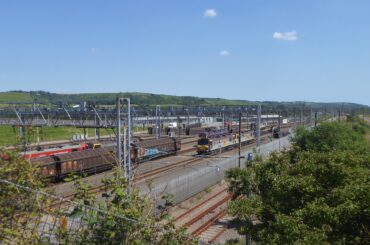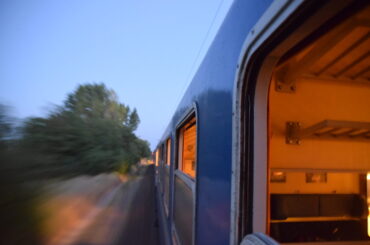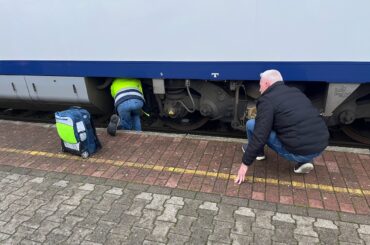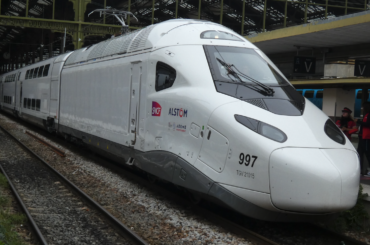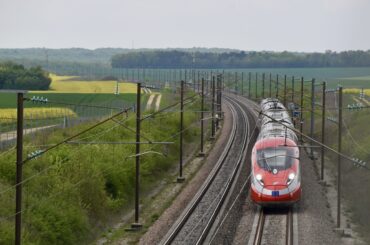I am a child of the digital era. When I planned a first Interrail trip in 1999 Deutsche Bahn’s website already had a timetable search for pretty much everything (I still have the printouts from back then). I have never bought a European Rail Timetable book, although somewhere on a […]
France
If you were to build a depot for Channel Tunnel passenger trains, where would you build it?
When it was announced that Virgin Trains was successful in being allocated maintenance depot capacity at Temple Mills in east London, there was a sort of reaction “we’ll that will mean that Virgin will be the competitor to Eurostar then.” But no sooner had the decision been made that I started […]
A little short term subsidy for this or that route is no way to support night trains – lessons from the end of Basel-Malmö before it even started
So there will not be a Basel – Malmö night train from the spring of 2026. Switzerland’s parliament did not approve the subsidy to allow it to run. Without the 10 million CHF the parliament refused to grant to get this going (from a wider fund of 47 million CHF […]
An open letter, and an invoice for €59.94, to Alberto Mazzola, boss of Community of European Railways
Dear Alberto, It is a little odd for me, a blogger and campaigner, to be writing an open letter to you as Executive Director of Community of European Railways (CER). But the combination of circumstances I have faced today on a cross border journey involving trains operated by two of […]
The Avelia Horizon trains Eurostar has ordered from Alstom are not compliant with Channel Tunnel evacuation rules – what can be done about it?
*** This post is an adapted version of one part of my #CrossChannelRail Project Final Report *** Let’s get one thing out of the way first: the problems here are nothing to do with the Avelia Horizon trains being double deck. The loading gauge in the Channel Tunnel and HS1 […]
#CrossChannelRail final report released, and the next steps
After three weeks of research on the ground in spring 2025, dozens of follow conversations, and plenty of desk research, today I finally published the conclusions report from my #CrossChannelRail project – you can download the PDF of the report here. The stations map is also available in a zoomable […]


